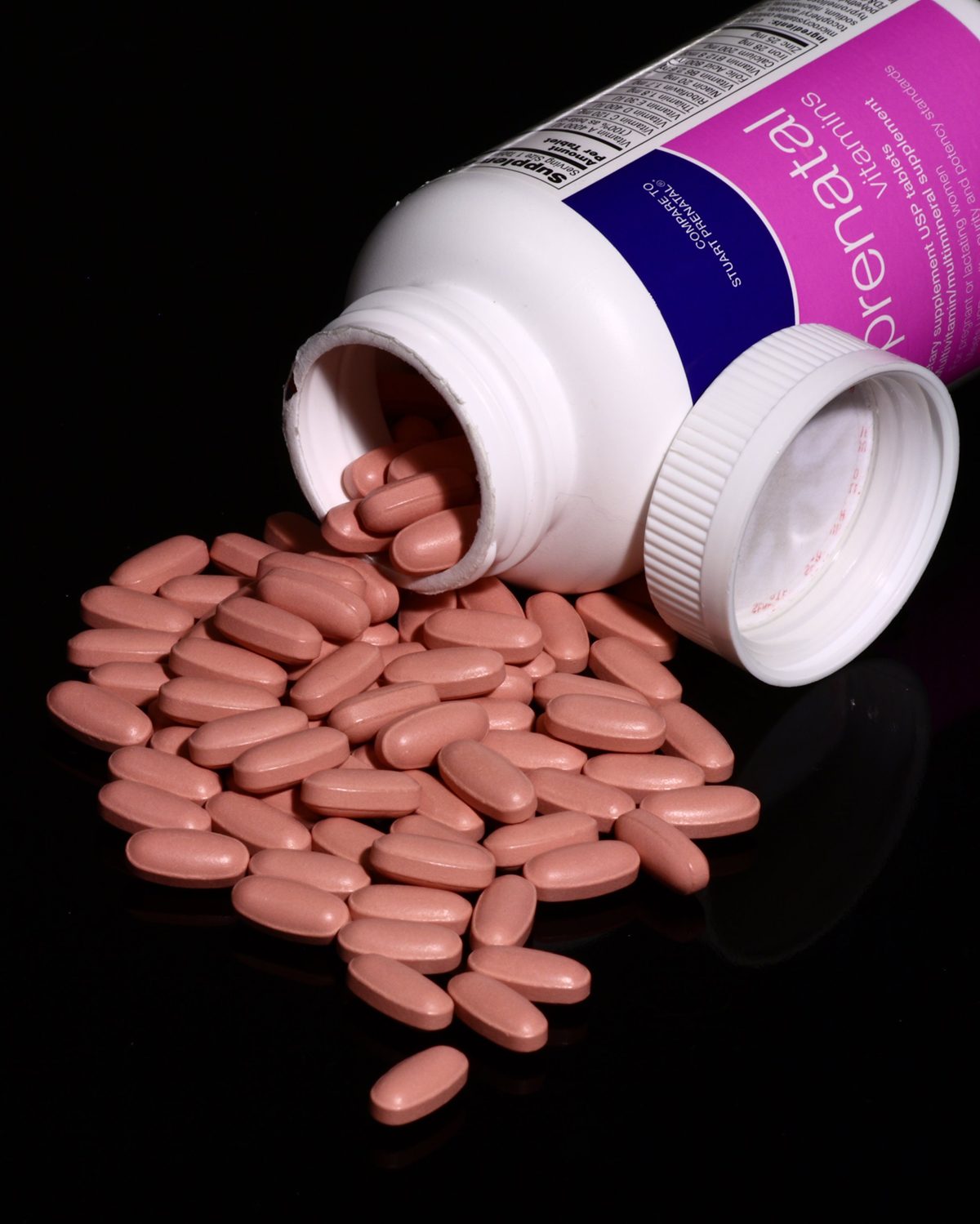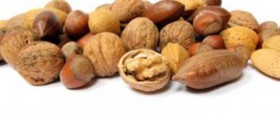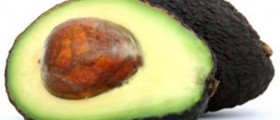
What is Lecithin?
Lecithin is actually a generic term which is used for any type of yellow or brown fatty substance which can be found in the tissues of plants, animals and humans. This type of substance contains triglycerides, glycolipids, glycerol, fatty acids, choline, phosphoric acid and different types of phospholipids such as the phosphatidylinositol, phosphatidylethanolamine and phosphatidylcholine. The actually term was first used in 1847 by Theodore Gobley who was a pharmacist and chemist from France. He actually used it to describe the first pure form of phosphatidylcholine. The lecithin was first isolated from egg yolk. Gobley then established the complete chemical formula of phosphatidylcholine and figured out that it can be found in a large number of different sorts of biological matters such as sheep brain, chicken brain, fish roe, fish eggs, human brain tissue, bile and even venous blood. The name lecithin was derived from an ancient Greek word “lekithos” which stands for egg yolk. There are different ways of extracting lecithin, but the two most common types include mechanical and chemical extractions from various kinds of readily available sources such as soy beans. The chemical process of lecithin extractions requires the use of hexane. It is a well known fact that lecithin is characterized by low solubility in water and that its phospholipids tend to form lamellar structures, micelles, bilayer sheets or liposomes when inaqueous solutions, but it all depends on the temperature and the degree of hydration. The end result of the whole thing is a certain type of surfactant which is chemically classified as amphipathetic. Lecithin is commonly sold as a food supplement but it can be used for a wide array of medicinal purposes as well. It serves various culinary purposes too as it is very efficient in emulsifying different foods and preventing them from sticking. The presence of lecithin in human tissues is of utmost importance for their proper biological functioning. It is characterized as fully edible and digestible in most cases. As far as its strong stabilizing and emulsifying properties are concerned it is usually contained in different sorts of chocolate and margarine. Lecithin can also be used for a wide array of pharmaceutical properties as well. The cosmetic industries also use lecithin quite often in the production of numerous different kinds of products such as conditioners, lipsticks and creams.
What is Lecithin used for?
As far as medicinal uses go, lecithin can be used for the prevention and treatment of various medical conditions. Those include different sorts of dementias and similar neurologic disorders. This is mainly due to the fact that lecithine is an excellent source of choline which is always extensively used for the treatment of dementias. Phosphatidylcholine is considered as a precursor for the process of synthesis of acetylcholine. Choline is very efficient in increasing the amount of accumulated acetylcholine inside the brain. Acetylcholine is highly beneficial for the overall functioning of the brain as it improves the memory. Not all cases of neurological conditions can be improved by using lecithin supplements. Other medical conditions which are commonly treated by using lecithin include different sorts of liver related ailments along with hypercholesterolemia. Lecithin may also be of great help when it comes to preventing and treatment of atherosclerosis, but there are no clinical or epidemiologic evidence which would confirm its efficacy. It comes in very handy when it comes to reducing the levels of bad cholesterol in the blood. It is a little known fact that lecithin can be used for the modification of the immune system, mainly by activation of nonspecific and specific defense systems inside the human body. Depending on the purpose, the recommended daily dosage of lecithin may vary greatly from 1 to 35 grams. Lecithin is perfectly safe for use and consumption as there are no identified contraindications at all. Breastfeeding and pregnant women should avoid using lecithin because there are no studies yet which would confirm its complete safety in such cases. It is also very relieving to know that lecithin is not associated with any interactions with medicaments or other sorts of substances. Lecithin is usually not associated with occurrence of any side effects at all. There have been some extremely rare cases of side effects induced by lecithin and those included symptoms such as hepatitis, increased salivation, nausea, anorexia and several other minor gastrointestinal effects. There is little or no information at all concerning the toxicology of lecithin. Another important aspect of lecithin is that it may sometimes be incompatible with several types of special diets. Those who take niacin for the treatment of high levels of bad cholesterol in the blood usually need to accompany it with lecithin in order to avoid reduced amount of choline in the body. Vegans and vegetarians should abstain from lecithin derived from eggs if they want to follow their dietsnormally.

















Your thoughts on this
Loading...